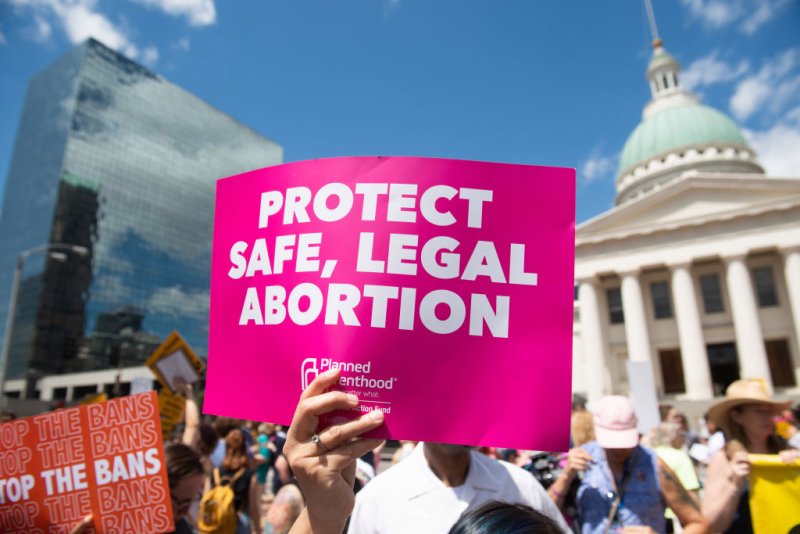The US Supreme Court's decision to overturn the right to abortion sent shockwaves across the world. Many leaders in Europe were quick to denounce the US ruling, while support to ensure the right to abortion in national constitutions took off.
In France, the presidential majority and the socialists tabled a bill this weekend to "enshrine the respect for abortion in our constitution," the leader of Macron's party in parliament said.
In Belgium, the idea to cement the right to abortion was taken up by the socialists. For Céline Romainville, a constitutional expert at UCLouvain, the proposal isn't unrealistic, although she stresses that the law in Belgium works differently than in the US.
Related News
- Turning back abortion rights: Unthinkable in Belgium?
- Belgian politicians want constitutional protection for abortion right
- 'Devastating': US Supreme Court overturns constitutional right to abortion
"In the United States, the nine judges who make up the Supreme Court have the power to interpret the Constitution and to strike down laws for violation of the constitutional text. This is a very big power because changing the US Constitution
is extremely complicated... A power which, in the light of the abortion decision, can be seen as exorbitant," Romainville said in Le Soir.
Differences between the US and Belgium
A key difference between the US and Belgium is the appointment of judges. In the US, they are appointed by the president and their office is for life, giving them huge sway for potentially decades. If it hadn't been for President Trump, who appointed three of the current Supreme Court justices, there wouldn't be an overturning of abortion rights.
In Belgium, Constitutional Judges are appointed according to language, gender and political balance. They are chosen by the Monarch, who appoints them from a list of candidates, nominated by either the Chamber of Representatives or the Senate.
The system is intended to ensure that the court reflects the democratic composition of Belgian society, unlike in the US where judges are appointed based on the political leanings of the president who appoints them.
For abortion rights to be under threat in Belgium, the entire political landscape would have to be dominated by the extreme right. It is an unlikely scenario, despite the popularity right-leaning parties in Flanders. Nonetheless, it may be a good idea to put the right to abortion in the Constitution.
"The texts that currently protect women's rights are based on a simple law," said Romainville, and they are often fragile. But placing them into a country's constitutional text would give them an added layer of protection. A similar approach could be taken on the right to contraception, euthanasia or gay marriage.
A sensitive issue
Belgium first legalised abortion in 1990, but it remains a sensitive subject in many European countries. In Malta, there is a complete ban on abortion, while Poland's restrictions make it nearly impossible to achieve. The 'pro-life' movement appears to be picking up steam around the world, as 26 countries completely ban abortion.
The US ruling showed how decades of progress can be undone. For Romainville, it means that the right to abortion and women's rights more broadly should be included in the Constitution.
"Abortion is a freedom, but also a public health issue. We must not forget to approach it from this angle in order to organise correctly and effectively. The more precise we are, the better the right will be guaranteed," Romainville concluded.

